Keywords: Language
There are more than 24 results, only the first 24 are displayed here.
Become a subscriber for more search results.
-
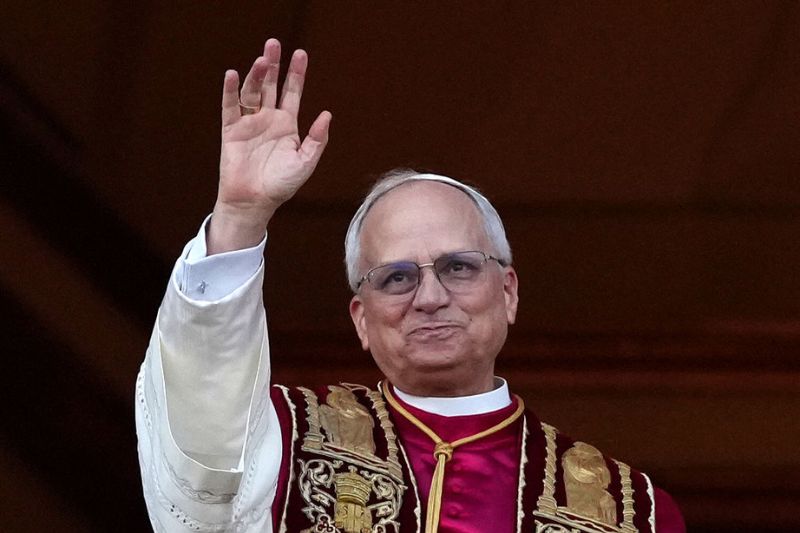
RELIGION
- Michael McVeigh
- 09 May 2025
Pope Leo XIV, the first US-born pontiff, brings a global, socially engaged background and cautious conservatism to the papacy. Fluent in five languages and steeped in canon law, his past hints at reform tempered by tradition. His views on synodality, gender, and justice will shape Catholicism’s next chapter.
READ MORE
-

AUSTRALIA
The 2025 election marked a pause in Australia’s political life. As old policy narratives falter, we have an opportunity to ask ourselves: what kind of society are we trying to build? Across faiths and traditions, the idea of the common good offers a path forward beyond division and drift.
READ MORE
-

AUSTRALIA
- Max Jeganathan
- 07 May 2025
In the wake of an unexpectedly decisive election, Australians rejected grievance politics from both right and left. What emerged instead was a quiet preference for stability, civility, and competence: qualities that don’t often headline campaigns, but this time shaped the outcome. In 2025, trumpery just didn’t cut it.
READ MORE
-
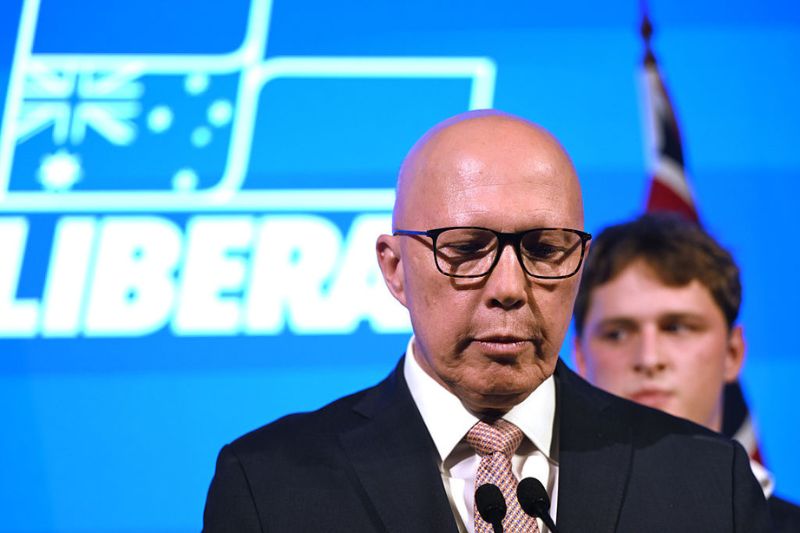
AUSTRALIA
- Andrew Hamilton
- 07 May 2025
In an election full of surprises, the most revealing were not electoral upsets but glimpses of unexpected humanity. Peter Dutton’s gracious concession contrasts with his public record, and urges a politics where words don’t wound, and dignity is not reserved for private life alone.
READ MORE
-
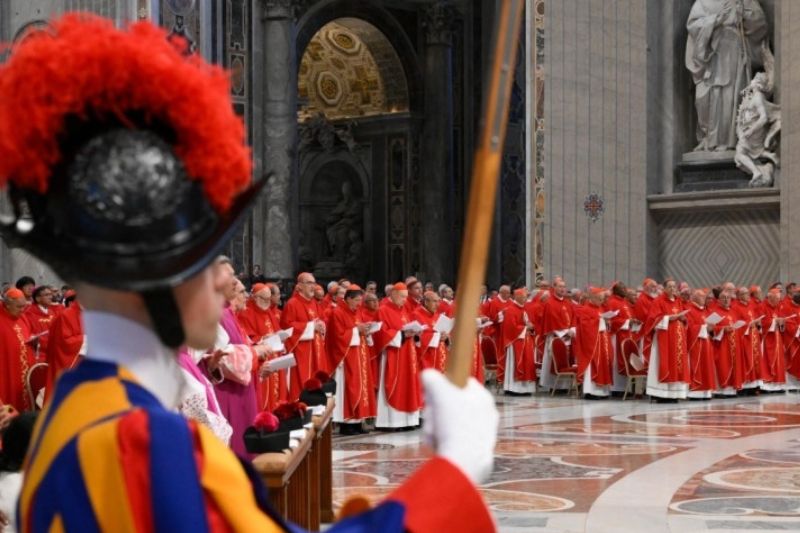
RELIGION
- John Warhurst
- 05 May 2025
As the cardinals prepare to elect a new pope, the centuries-old conclave process proceeds with solemnity and speed. But beneath the tradition lies the question of whether a closed, clerical system still reflects the needs of a diverse, divided, and global Church.
READ MORE
-
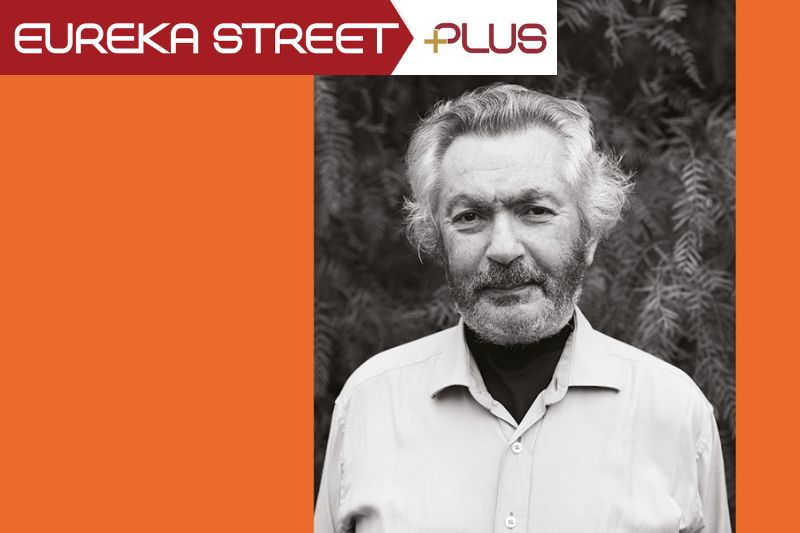
ARTS AND CULTURE
- Andrew Hamilton
- 02 May 2025
In an era of reflex opinion and vanishing accountability, moral seriousness can seem an anachronism. Yet history teaches that ideas — and the people who defend them — shape lives and nations.
READ MORE 
-

AUSTRALIA
- Adam Hughes Henry
- 22 April 2025
By any measure of moral progress, a society should be judged by how it treats those who are most vulnerable. Yet in Australia, people with disabilities continue to be treated not as citizens with equal standing, but as problems to be managed; an inconvenience to be contained within a labyrinth of bureaucratic delay and economic rationalisation.
READ MORE
-
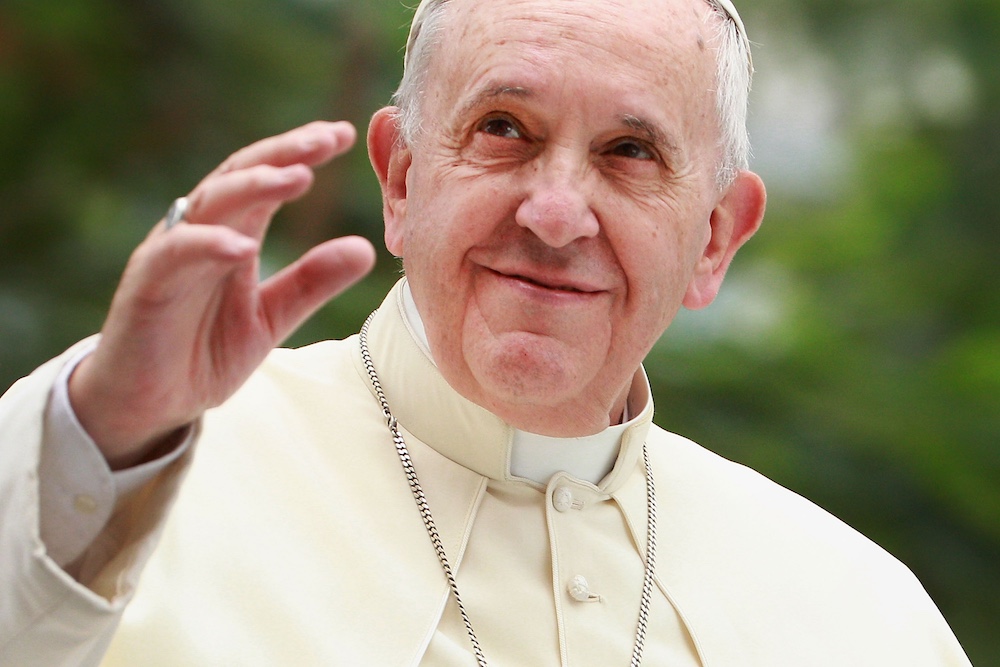
RELIGION
- Andrew Hamilton
- 22 April 2025
In a world that sees refugees and immigrants as a threat, disregards the victims of war, trashes the environment, rewards self-interest and cheapens religious faith, Pope Francis wept with those mistreated, pleaded their cause and radiated joy and hope.
READ MORE
-

AUSTRALIA
- Melinda Tankard Reist
- 11 April 2025
A growing number of female teachers in Australia are leaving the profession, citing daily sexual harassment from their own students. Fuelled by pornography and social media, the misconduct ranges from crude comments to deepfake abuse, raising urgent questions about safety, consent, and the culture festering inside today’s classrooms.
READ MORE
-
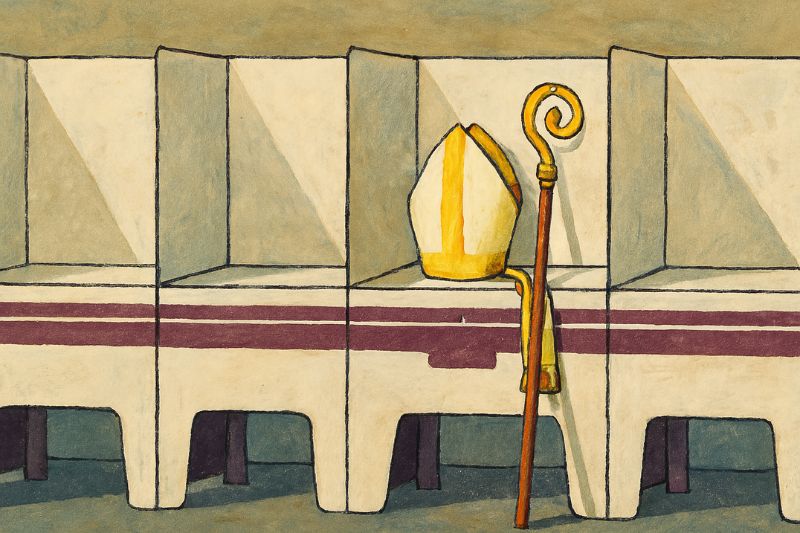
RELIGION
- John Warhurst
- 10 April 2025
As Australia approaches a federal election, the bishops have offered a statement of gentle encouragement themed around hope. Yet in its caution and generality, it raises questions about missed opportunities for moral clarity, national relevance, and a more engaged voice in public life.
READ MORE
-
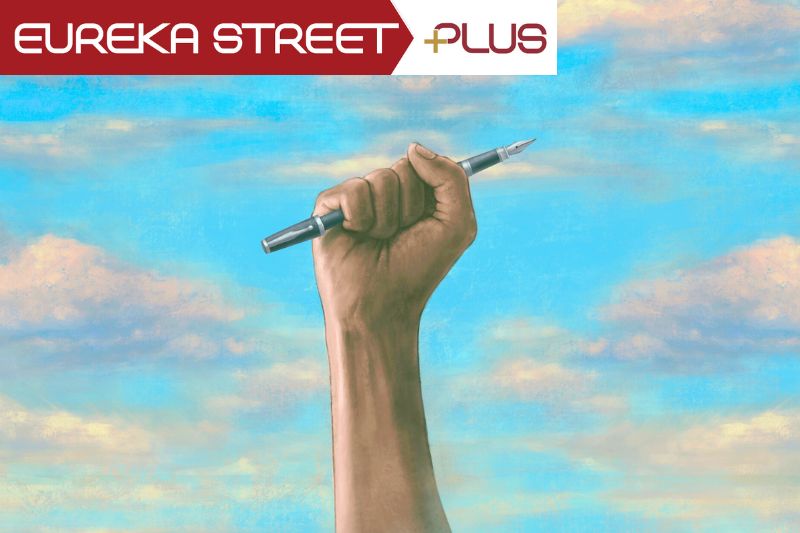
MEDIA
Across a range of divisive issues from gender to race to public health, newsrooms are increasingly blurring the line between reporting and advocacy. As language is reshaped to reflect activist priorities, and opposing views are treated as moral threats, journalism risks losing its most essential commitment: telling the truth plainly.
READ MORE 
-
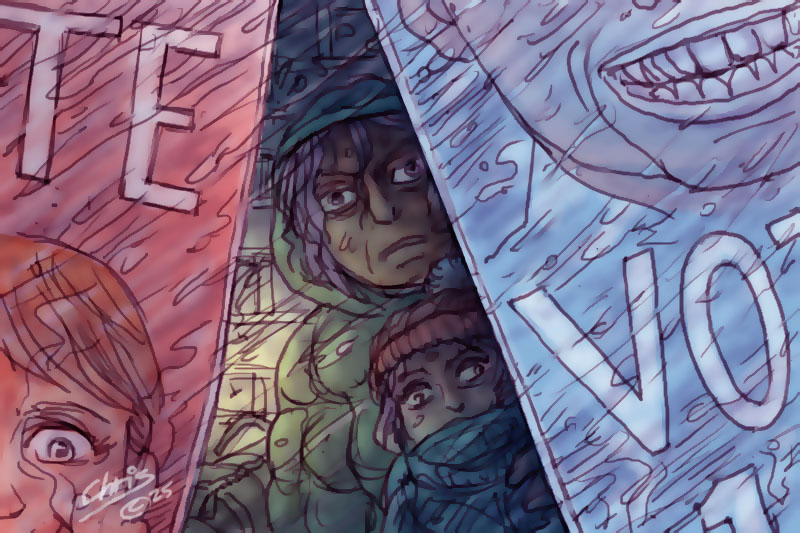
AUSTRALIA
- Barry Gittins
- 13 March 2025
Australia’s political class might make grand promises, but for those on the margins — homeless, underemployed, struggling with addiction — these pledges mean little. The people who have been left behind know the game is rigged. As elections approach, they watch from the outside, knowing their vote was never meant to count.
READ MORE